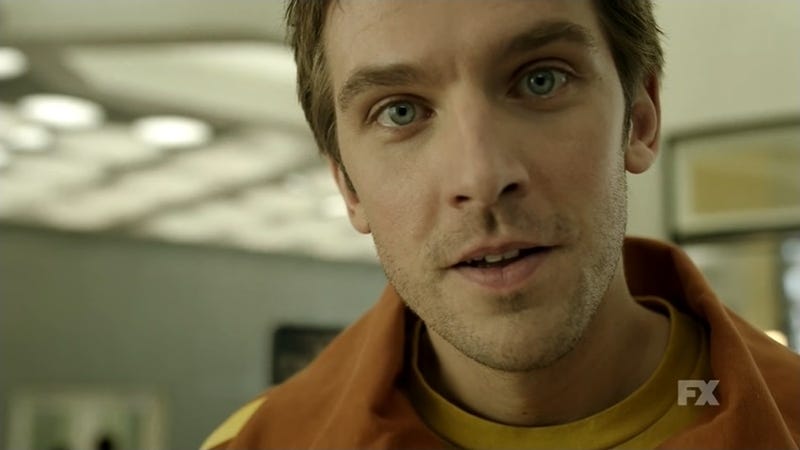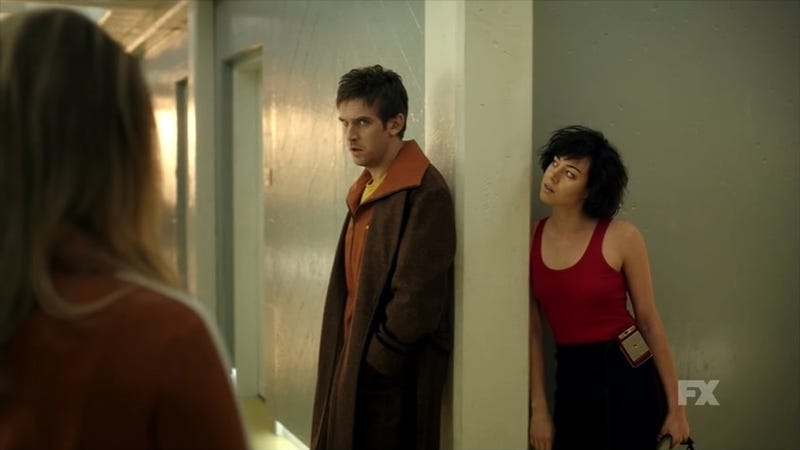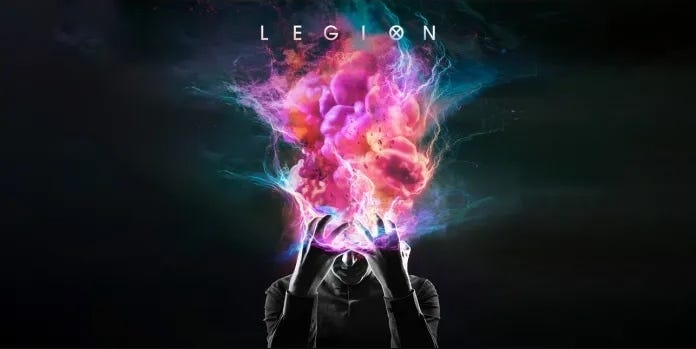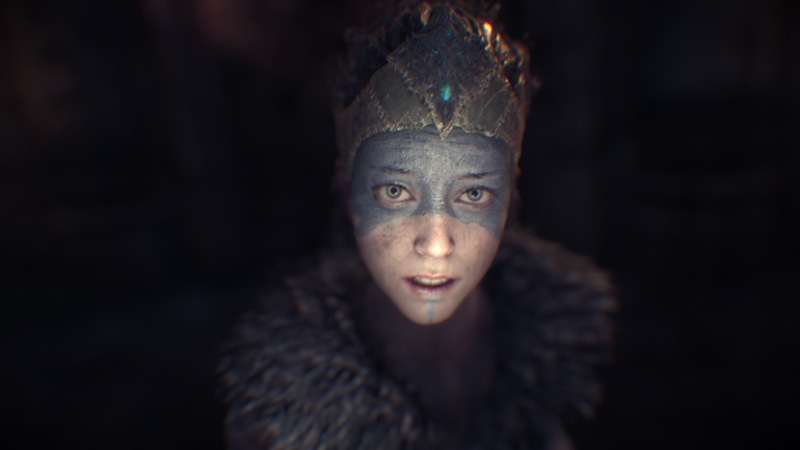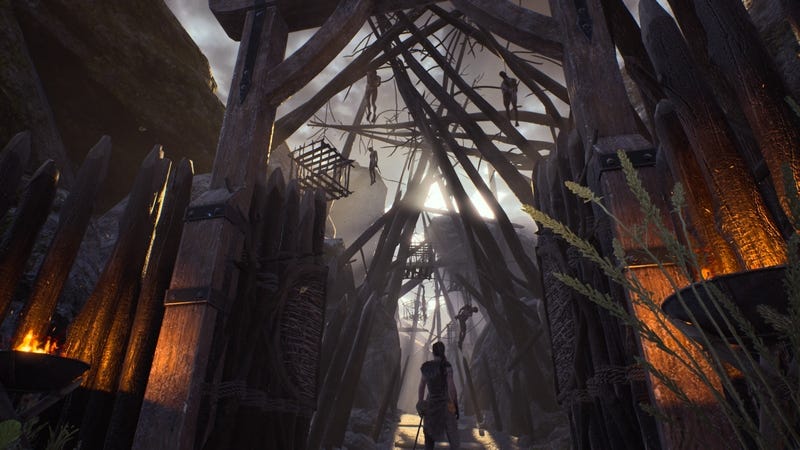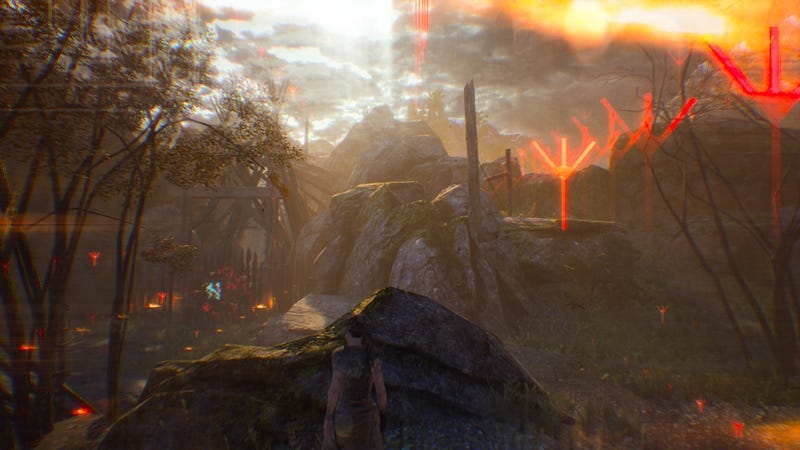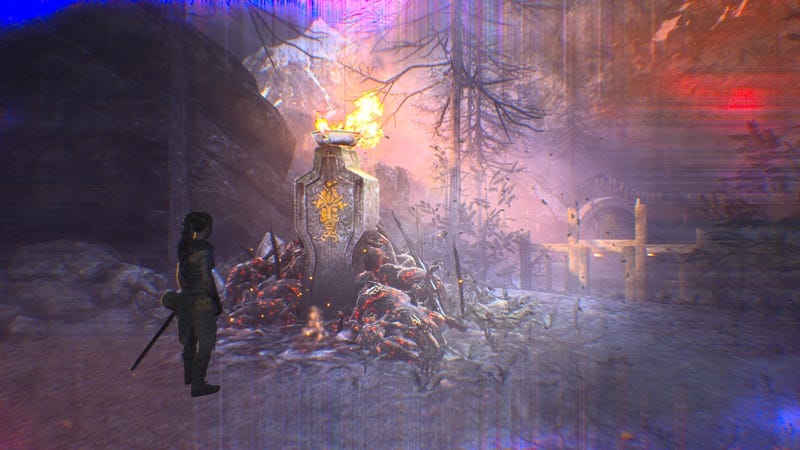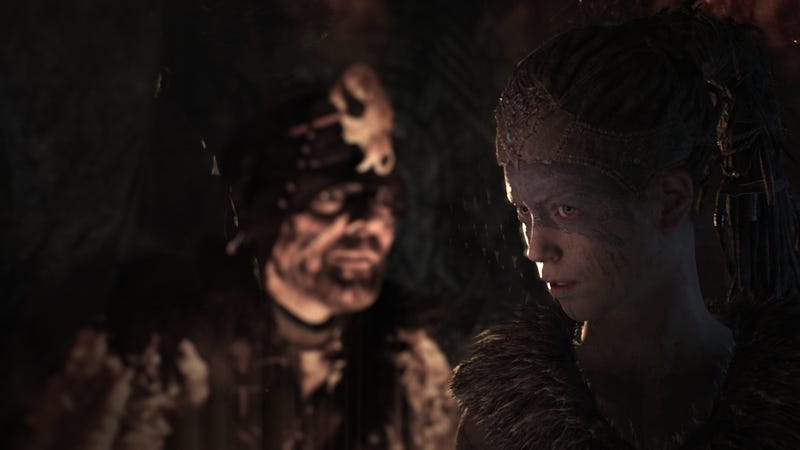Hellblade, Legion and Mental Health
The mind cranks the volume to eleven while reality mumbles in the background. #cinema #tvseries #mentalhealth #videogame
Welcome back to Artcade, the game library that takes itself seriously—or, if you prefer, the museum that can’t stop giggling. No surprise that, in this spider-web where video games and art tangle, big-ticket themes keep getting snagged. We’ve bumped into them in recent issues and we’ll bump into them again today. Artcade’s voice is—and will stay—light-hearted, but part of translating between art forms is proving that the so-called Cinderella of the arts is pulling its weight too. So, mental health it is: two works, two original angles, zero claims of exhaustive coverage. Curiosity first—deeper knowledge, maybe, next. Enjoy the read!
The age of invincible superheroes is over; homesick Kryptonians won’t cut it anymore. Enter Legion, a TV series criminally under-discussed, where the protagonist does absolutely none of the things you’d expect from a Marvel character. Credit showrunner Noah Hawley (yes, the Fargo anthology guy) for a first season told entirely through an unreliable narrator. The protagonist, David Haller, was diagnosed with schizophrenia in his teens and has spent most of his life in a psychiatric clinic.
Figuring out what’s real is impossible—or rather, everything is real to David, so it becomes real for us. The plot fragments mirror his mental state; together we piece things back into focus and, with luck, surface wiser.
Plenty of films and novels feature mental illness, but many use it as a last-minute twist—think [CENSORED], [CENSORED], or [CENSORED]—where, in the end, you discover the protagonist has lived through experiences no one else in the story shares. Legion, instead, dives deeper, locking you inside another brain across eight delirious episodes. Not bad, right?
Noah Hawley (2017) Legion [Audiovisual work] [Drama] [Three seasons: 8 + 11 + 8 episodes] FX
At first glance, Hellblade: Senua’s Sacrifice looks like a textbook action-adventure: a lone warrior treks through Viking-flavoured lands to bring her lover Dillion back from the dead. Been there, done that.
Except Senua experiences psychosis. From the opening boat ride she’s besieged by voices—sometimes panicked, sometimes vicious—begging her to turn back. Those voices, and her relationship with them, transform the whole experience. For Senua and for us their nonstop commentary fuses with the gameworld; visual distortions only confirm how unique the journey is.
Who to trust? How to survive? How to win? Answers differ wildly from standard games, where good and evil, real and imaginary, sit in tidy boxes. Here every decision is coloured by Senua’s perception. Victory doesn’t always mean being the strongest fighter.
Ninja Theory (2021) [2017] Hellblade: Senua’s Sacrifice [Video game] [Action-adventure] [7½ Hours] (Xbox Series X) [PlayStation 4/5, Windows, Xbox One/Series S, Nintendo Switch] Ninja Theory
Information Desk
Curious how Legion translates a mind onto the screen? This video breaks down its genius storytelling—watch after the show to dodge spoilers.
After seven years, Hellblade II finally dropped (on Game Pass). It pushes Senua’s inner voyage—and visual fidelity—to absurd heights.
My last two coins
Sometimes I wonder if the universe is just a clumsy hack to make us feel less alone—so jam-packed with stuff it is. Then I remind myself the universe doesn’t revolve around us humans—and let’s be honest, when I say “humans,” I really mean me. Egocentrism kept our ancestors alive—hard to survive if you don’t assume the world exists for you—but enough already. We’re a speck; get used to it. Maybe that’s why I studied psychology: a conformist brain is dull, far more interesting when it runs off-beat. Once upon a time, hearing voices meant chatting with the divine. Maybe those folks were onto something. Until the next episode, ciao!


